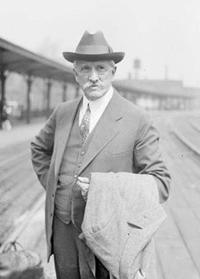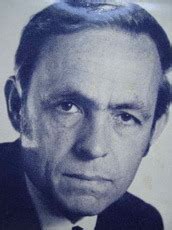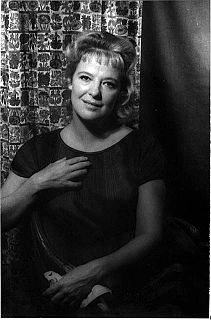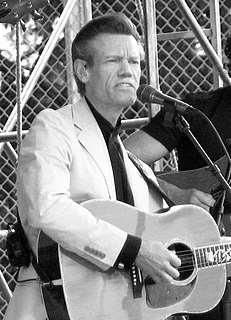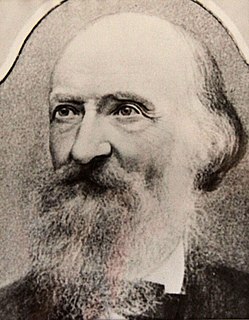A Quote by James Henry Breasted
This recognition of the earlier human background, now so obvious to us, did not come all at once, for the inclusion of history itself in university instruction is an event less than two centuries old.
Related Quotes
Have you come over time to think that you know more now than you did when you were young, know less now than when young, know now there is so much more to know than you knew there was to know when young that it is moot whether you think you knew more then than now or less, or do you now know that you never knew anything at all and never will and only the bluster of youth persuaded you that you did or would?
We have evidence all around us in our daily analytic practice and in contemporary world history that this earth-shaking archetypal event is taking place here and now. It has already started. It is manifesting itself in international relations; in the breakdown of the social structures of Western civilization; in political, ethnic, and religious groupings; as well as within the psyches of individuals- the momentous event of the coming of the self into conscious realization.
It makes us a thread in a tapestry that has unrolled for centuries before us, and will unroll for centuries after us. We're midway through the loom, that's the present, and what we do casts the thread in a particular direction, and the picture of the tapestry changes accordingly. When we begin to to try to make a picture pleasing to us and to those who come after, then perhaps you can say that we have seized history.
This England never did, nor never shall,
Lie at the proud foot of a conqueror,
But when it first did help to wound itself.
Now these her princes are come home again,
Come the three corners of the world in arms,
And we shall shock them. Nought shall make us rue,
If England to itself do rest but true.
If Mother Culture were to give an account of human history using these terms, it would go something like this: ' The Leavers were chapter one of human history -- a long and uneventful chapter. Their chapter of human history ended about ten thousand years ago with the birth of agriculture in the Near East. This event marked the beginning of chapter two, the chapter of the Takers. It's true there are still Leavers living in the world, but these are anachronisms, fossils -- people living in the past, people who just don't realize that their chapter of human history is over. '
The primitive history of the species is all the more fully retained in its germ-history in proportion as the series of embryonic forms traversed is longer; and it is more accurately retained the less the mode of life of the recent forms differs from that of the earlier, and the less the peculiarities of the several embryonic states must be regarded as transferred from a later to an earlier period of life, or as acquired independently.
Bored with obvious reality, I find my fascination in transforming it into a subjective point of view. Without touching my subject I want to come to the moment when, through pure concentration of seeing, the composed picture becomes more made than taken. Without a descriptive caption to justify its existence, it will speak for itself - less descriptive, more creative; less informative, more suggestive - less prose, more poetry.
The love of God is not taught. No one has taught us to enjoy the light or to be attached to life more than anything else. And no one has taught us to love the two people who brought us into the world and educated us. Which is all the more reason to believe that we did not learn to love God as a result of outside instruction. In the very nature of every human being has been sown the seed of the ability to love. You and I ought to welcome this seed, cultivate it carefully, nourish it attentively and foster its growth by going to the school of God's commandments with help of His grace.
Remember, democracy never lasts long. It soon wastes, exhausts, and murders itself. There never was a democracy yet that did not commit suicide. It is in vain to say that democracy is less vain, less proud, less selfish, less ambitious, or less avaricious than aristocracy or monarchy. It is not true, in fact, and nowhere appears in history. Those passions are the same in all men, under all forms of simple government, and when unchecked, produce the same effects of fraud, violence, and cruelty.
At this point in history when all things which concern man and the structure and elements of history itself are suddenly revealed to us in a new light, it behooves us in our scientific thinking to become masters of the situation, for it is not inconceivable that sooner than we suspect, as has often been the case before in history, this vision may disappear, the opportunity may be lost, and the world will once again present a static, uniform, and inflexible countenance.
